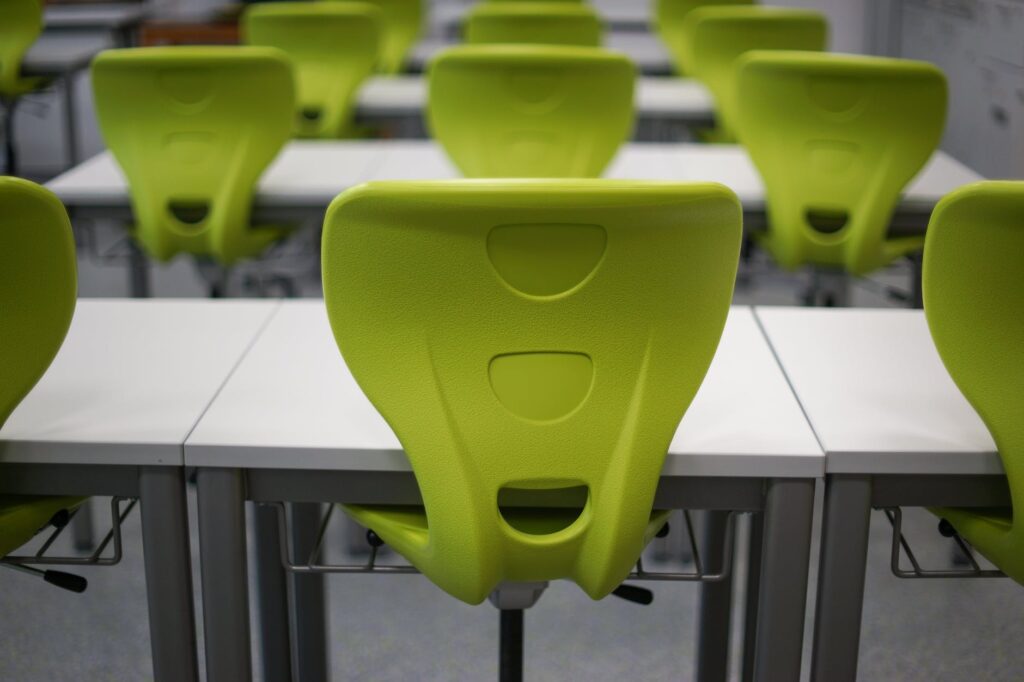
Introduction:
High-ability students are often gifted in academic, artistic, or athletic areas and require specialized education to reach their full potential.Says Jordan Sidoo, in the past, the focus for these students was primarily on their intelligence, but research has now shown that the social-emotional development of these students is equally important in ensuring their success. In order to fully support high-ability students, innovative approaches to classroom education are necessary that focus not only on their cognitive development but also on their social-emotional well-being.
Understanding the Unique Needs of High-Ability Students
High-ability students face unique challenges and opportunities compared to their peers. These students may experience boredom in the classroom and may require advanced or specialized education to keep them engaged and challenged. Additionally, high-ability students may also experience social and emotional difficulties such as feelings of isolation or being different from their peers.
The Importance of Social-Emotional Support for High-Ability Students
While high-ability students may excel academically, their social-emotional well-being is just as important to ensure their success. This includes providing them with opportunities to develop relationships with peers, to learn how to communicate and collaborate with others, and to understand and manage their emotions.
Innovative Approaches to Classroom Education
To meet the unique needs of high-ability students, innovative approaches to classroom education are necessary. This includes incorporating hands-on and project-based learning, providing opportunities for independent and small group work, and offering flexible and personalized learning experiences. Teachers must also prioritize the social-emotional development of these students, including through group activities, peer mentoring, and counseling services.
The Benefits of Collaborative Learning
Collaborative learning has been shown to be an effective approach for high-ability students, as it provides them with opportunities to work with peers, communicate, and problem-solve. This can help build important skills such as teamwork, leadership, and empathy, and also helps to reduce feelings of isolation or being different from their peers.
Conclusion:
In conclusion, supporting high-ability students in their social-emotional development is just as important as their academic success. Innovative approaches to classroom education, such as hands-on and project-based learning, collaborative learning, and personalized education, are crucial in meeting the unique needs of these students. By prioritizing the social-emotional well-being of high-ability students, we can help ensure their success and prepare them for a fulfilling future.